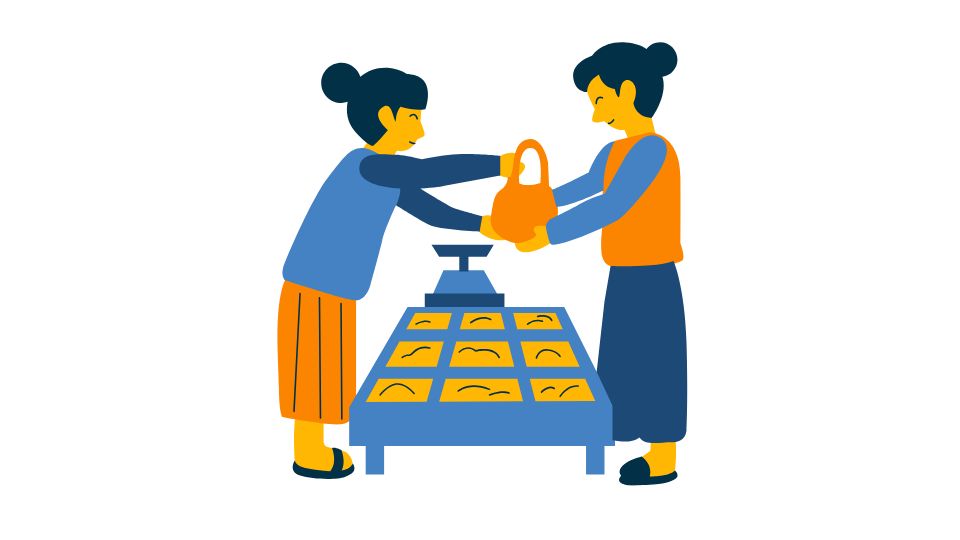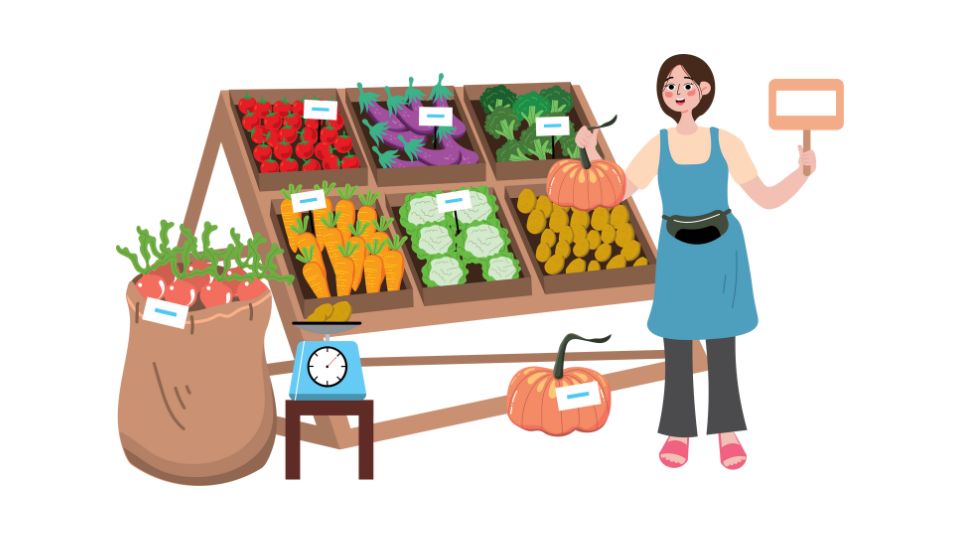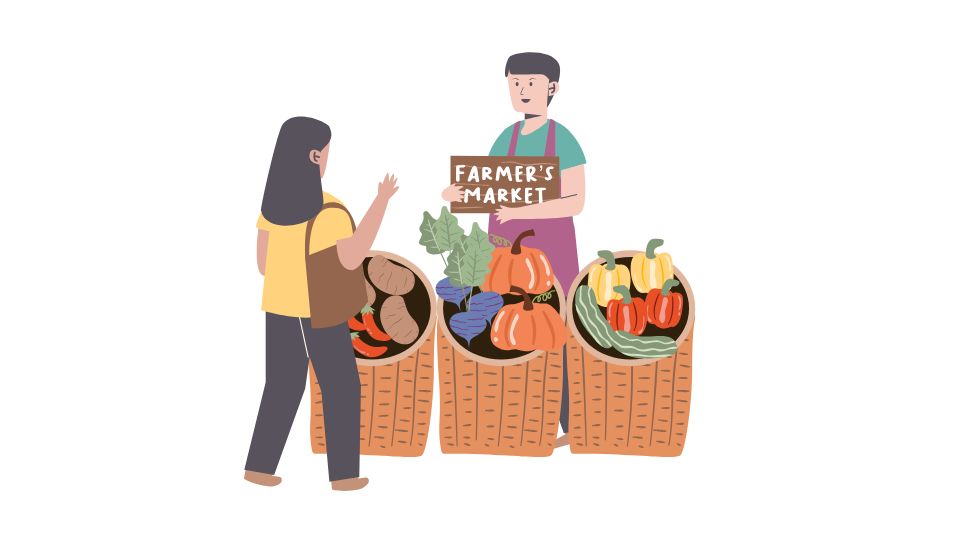Ever wondered if helping others solve problems could be your career superpower?
Consumer services might just be your ticket to a fulfilling career path that’s both recession-resistant and packed with opportunities. I’m talking about the massive industry that employs over 140 million people in the US alone and touches everything from retail and healthcare to finance and hospitality.
Let me break it down for you – with some real talk about whether this is actually a good move for your future.

Is Consumer Services a Good Career Path? (Spoiler: Yes, With Caveats)
If you enjoy working with people, solving problems, and want job security with room to grow, consumer services offers solid opportunities. But it’s not all sunshine and rainbows – some segments are facing automation challenges while others are booming.
The beauty of this field? It’s nearly impossible to fully automate jobs that require genuine human empathy and personalized problem-solving. Robots just can’t handle the nuance of calming down an angry customer or understanding the emotional undertones in someone’s voice.
Why Consumer Services Could Be Your Next Career Move

The industry is massive and growing
We’re talking about a sector that’s projected to add millions of jobs by 2032, particularly in healthcare and social assistance according to the U.S. Bureau of Labor Statistics. That’s job security you can count on.
You have flexibility and mobility
Want to work remotely? Part-time? Freelance? Consumer services has you covered. Plus, the skills you learn are transferable across industries – you could start in retail customer service and pivot to healthcare patient coordination without starting from scratch.
Technology is creating new roles, not just eliminating them
While some traditional customer service jobs are disappearing, new positions like AI service managers and customer experience specialists are emerging – often with higher pay and more interesting work.
It’s rewarding (beyond just the paycheck)
There’s something genuinely satisfying about solving someone’s problem and making their day better. That emotional reward is something many high-paying but soul-crushing jobs can’t offer.
Salary Expectations: Show Me The Money
Let’s talk cash. Salaries vary wildly depending on where you work:
- Finance consumer services roles can pay $120,000-$150,000 annually for specialized positions
- Tech-related customer experience roles command premium salaries due to their specialized skill requirements
- Healthcare service roles often come with stability and benefits that offset moderate base pay
- Retail and hospitality typically offer lower starting wages but easier entry points
The good news? Companies are increasingly recognizing that customer service quality directly impacts their bottom line, leading to competitive wages for skilled professionals who can deliver exceptional experiences.
Skills You’ll Need to Succeed

The most successful people in consumer services have mastered a combination of:
- Emotional intelligence – understanding people’s unspoken needs
- Problem-solving – finding creative solutions when the standard playbook fails
- Digital literacy – navigating technology with confidence
- Adaptability – thriving amid constant change and uncertainty
If you’re thinking “that sounds like me!” then you’re probably a natural fit for this industry. If not, don’t worry – most of these skills can be developed with practice and intention.
The Future Outlook: 2025 and Beyond
According to the Future of Jobs Report, consumer services is undergoing massive transformation. While automation will eliminate some roles, the sector is projected to see a net positive job growth of about 7% globally by 2030.
The most promising areas include:
- Healthcare services (thanks to our aging population)
- Financial advisory (as finances get more complex)
- Digital customer experience (bridging the gap between humans and technology)
- Personalized service roles (where human touch matters most)
Challenges You Should Know About

I wouldn’t be giving you the full picture without mentioning some downsides:
- High turnover rates – resignation rates are about 26% higher than average in retail and food service
- Economic sensitivity – when people tighten their belts, some service industries feel it first
- Continuous upskilling required – what works today might not work tomorrow
- Emotional labor – helping people all day can be draining (just being honest)
How I’d Approach a Consumer Services Career
If I were starting a career in consumer services today, I’d focus on:
- Finding a growth segment – healthcare, fintech, or tech-enabled services
- Developing hybrid skills – combining people skills with technical knowledge
- Looking for companies that invest in training – they’re signaling they value service quality
- Building expertise in specialized niches – general customer service is vulnerable to automation, but specialized knowledge isn’t
According to the American Customer Satisfaction Index, companies with exceptional service command premium prices and customer loyalty. This translates to better job security and advancement opportunities for service professionals who excel.
Final Thoughts: Is It Right For You?

Consumer services can be an excellent career path if you:
- Enjoy human interaction and solving problems
- Want flexibility and diverse industry options
- Are willing to continuously learn and adapt
- Value making a difference in people’s daily lives
Despite challenges like turnover and economic sensitivity, the broad scope and future growth projections make consumer services a dynamic and worthwhile choice for 2025 and beyond.
Remember that within this massive field, there are countless paths. The trick is finding the segment that matches your strengths and interests while positioning yourself for the future of work. Not all consumer service jobs are created equal – some are dead ends, while others could be the first step toward a fulfilling, stable career.
So is consumer services a good career path? For the right person with the right approach in the right segment – absolutely.




